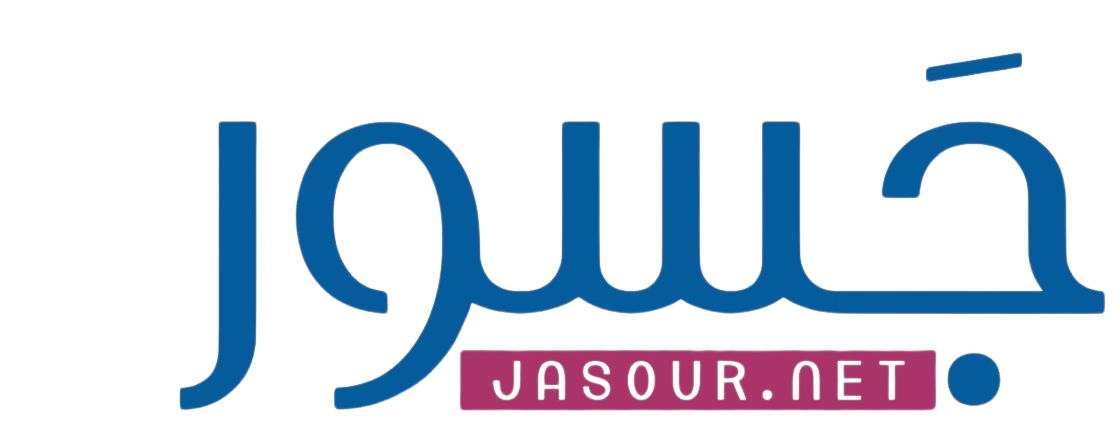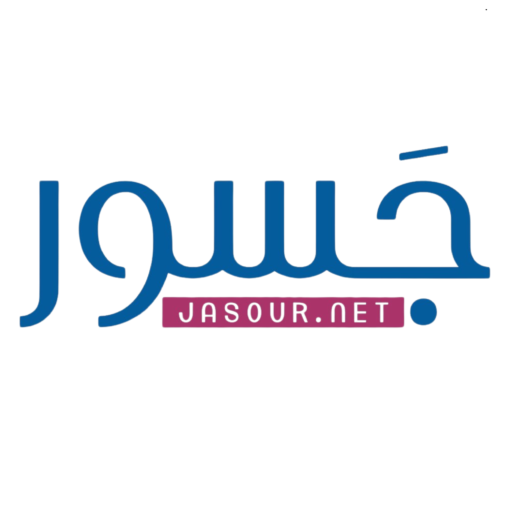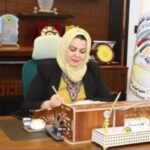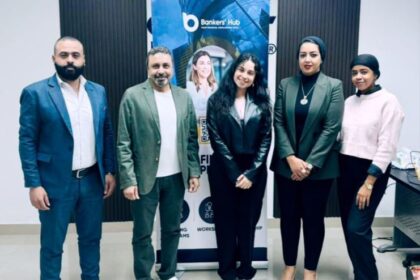Amman: Jasour – News Desk
The year 2024 witnessed diligent efforts by the Higher Council for the Rights of Special Needs Individuals in enhancing the rights of special needs individuals and achieving significant steps towards full integration into society. This affirms Jordan’s strong political will to promote their rights and issues and include them in developmental policies and programs.
Rafat Al-Zaytawi, the media spokesperson for the Higher Council for the Rights of Special Needs Individuals, stated in a press release that one of the most notable achievements in the field of special needs rights in 2024 was the completion of preparations for the third Global Disability Summit to be held in Berlin next April. Jordan hosted the multi-regional preparatory conference for the summit, attended by 500 entities from international organizations, Arab, regional, and international government bodies, and academics, aiming to exchange experiences and strengthen commitments of countries and organizations to support the rights of special needs individuals.
He mentioned that, in the same context, the council, in cooperation with the Jordanian Coalition for Special Needs Individuals and the Inclusive Project funded by the UK Foreign, Commonwealth & Development Office, held consultative sessions on the priorities of organizations within the themes of the upcoming summit. They discussed the topic of “Inclusive Social Protection for Special Needs Individuals,” with the participation of 235 representatives from special needs organizations.
The council also launched a promotional campaign for the Global Disability Summit under the slogan “Without Us, It Doesn’t Work.” The campaign coincided with the illumination of the Citadel archaeological site, one of the most important archaeological and tourist sites in Amman. The campaign aims to promote the importance and objectives of the upcoming Global Disability Summit by launching a series of awareness messages. The campaign relies on promoting these messages through social media platforms using various awareness tools and materials in creative and accessible ways, targeting regional countries and selected countries in Africa, Asia, and Latin America.
In the field of economic empowerment for special needs individuals, Al-Zaytawi mentioned that a forum was launched to enhance the economic participation of women with special needs in the private sector. The forum aims to create opportunities and partnerships that contribute to achieving independence and economic empowerment for women with special needs in the kingdom and enhancing their role in society.
In the context of enhancing political participation, during the 20th House of Representatives elections, the council, in partnership with the Independent Election Commission, developed an executive plan to encourage the participation of special needs individuals. The plan included raising awareness about the importance of their participation, preparing model polling stations, and training election staff on rights-based interaction and effective communication. The council also organized training programs for monitoring and media entities on election monitoring and addressing the participation of special needs individuals. Additionally, the council implemented an awareness media campaign to ensure that all election-related messages and materials reached special needs voters, achieving 934,642 views.
In the field of providing legal assistance to special needs individuals during the 2024 House of Representatives elections, the council signed a memorandum of understanding with the Independent Election Commission, the National Center for Human Rights, and the Jordanian Bar Association to provide free legal assistance to them at all stages of the electoral process, while enhancing human rights and monitoring elections according to the law.
Funded by the Christian Blind Mission (CBM), capacity-building training was provided to staff working in targeted associations in Mafraq, Karak – Ghor Al-Safi, and Tafila. Additionally, the project completed the adaptation of 20 homes for special needs individuals in the targeted areas in Mafraq (Northern Badia), Karak (Southern Ghor), and Tafila, particularly adapting sanitary facilities and home entrances for individuals with mobility impairments.
To enhance the inclusion and integration of special needs individuals and develop their capabilities within the National Water Fellowship Program, the council and the Ministry of Water and Irrigation signed a memorandum of understanding to coordinate and direct efforts to enhance their participation in the water sector and improve services provided to them.
In the council’s ongoing efforts to ensure and enhance their educational rights, the council and the Ministry of Education launched the executive plan for the Decade Strategy for Inclusive Education (2024-2027), based on the 2017 Law on the Rights of Special Needs Individuals. The plan aims to provide an inclusive and supportive educational environment, including key areas such as legislation, advocacy, survey and diagnosis, accessibility, and quality educational programs. It focuses on preschool education and educating non-enrolled special needs children, while enhancing research and databases to support inclusive education.
In the same context, Al-Zaytawi mentioned the implementation of the first-of-its-kind project in Jordan to develop academic sign language in schools for deaf students. The project aims to improve education for deaf and hard-of-hearing students from kindergarten to high school. It included compiling academic terms not available in sign language, creating 2,000 new sign language terms, incorporating them into the Jordanian Sign Language Dictionary, and making them freely available on the global “Sosel” website.
The council also provided educational, training, early intervention, Montessori, and support services to approximately 1,344 special needs students under a memorandum of understanding with the Hajja Rafika Endowment.
In the field of raising awareness and capacity building, the council held more than 153 awareness sessions and programs targeting 3,455 participants. These sessions covered topics such as communication etiquette, inclusive education, behavior analysis, labor legislation, inclusive development standards, and training on filing complaints, political participation, and assistive technology.
In its efforts to remove obstacles for special needs individuals and ensure their protection and access to violence protection services, the council conducted 66 awareness sessions targeting workers in the field of violence protection and victim rehabilitation. These sessions aimed to educate them on methods to use when dealing with violence survivors from special needs individuals and their families, and mechanisms for identifying and addressing cases of violence.
Al-Zaytawi noted that in the field of supporting the change of stereotypical media images towards special needs, the council continued organizing the annual media competition launched for the first time in 2021. The competition aims to encourage creative media production that promotes a culture of diversity and respect for differences, highlights the challenges and obstacles they face instead of focusing on the disabilities themselves, and motivates media professionals to innovate and produce rights-based models that highlight success stories and positive practices of special needs individuals.
To verify individual and institutional complaints related to discrimination based on disability, the council followed up on 1,405 inquiries and complaints from special needs individuals and their families, resolving them with the relevant authorities. The council also addressed several allegations from families of special needs individuals, focusing on physical and psychological abuse and the refusal of some educational institutions to admit them. These issues were addressed with the relevant authorities and necessary actions were taken.
It is worth noting that the Higher Council for the Rights of Special Needs Individuals has proven that continuous work and effective partnerships are the key to achieving a radical transformation in the reality of special needs individuals. The qualitative achievements made in 2024 confirm Jordan’s commitment to promoting social inclusion, not only as a national goal but as an approach that enshrines equality and provides opportunities for all. Sustaining these achievements requires societal awareness and further solidarity to support their rights and make them a permanent priority on national and international agendas.






